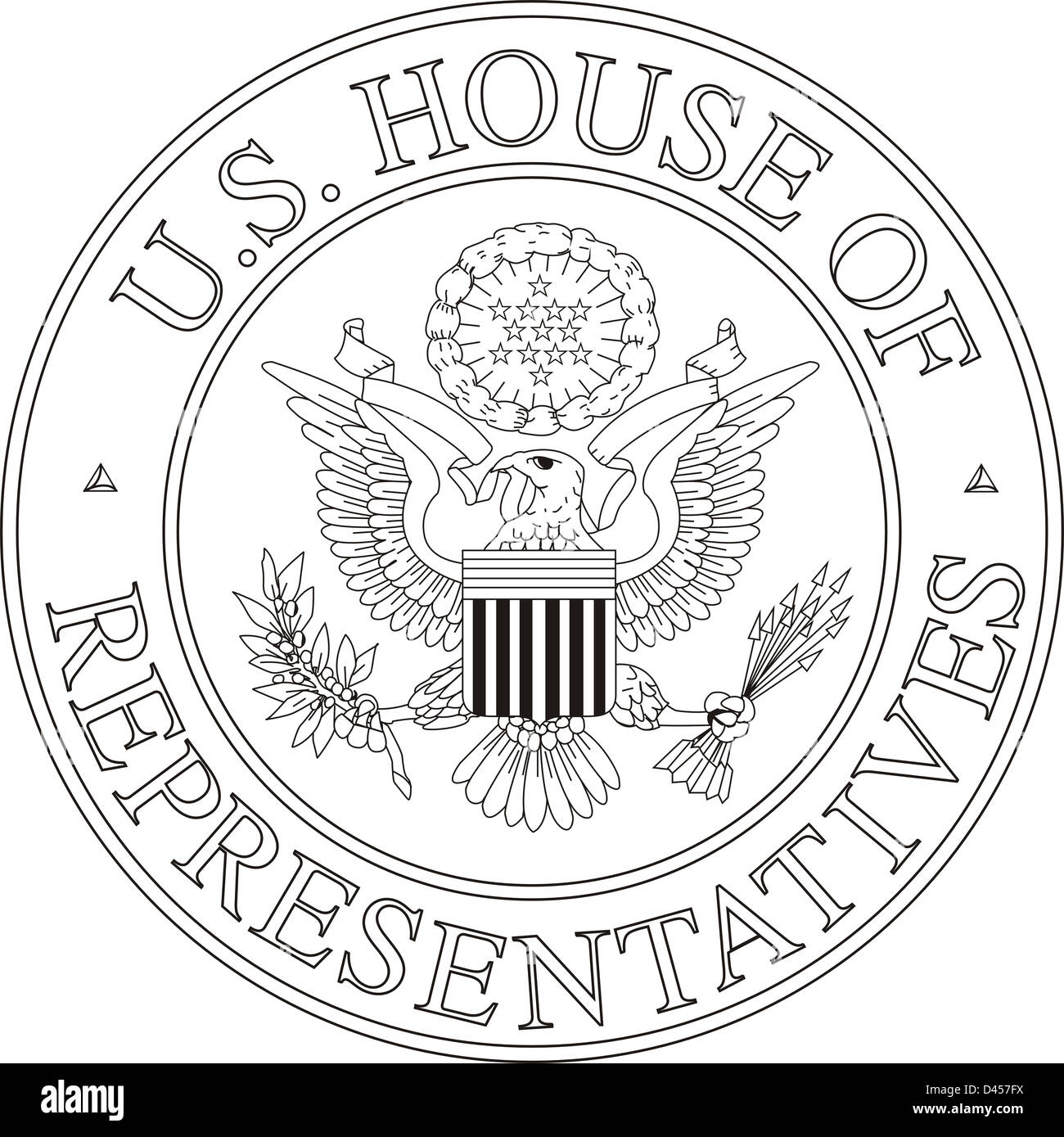Table Of Content
The states of Washington and California use a similar (though not identical) system to that used by Louisiana. Elections for representatives are held in every even-numbered year, on Election Day the first Tuesday after the first Monday in November. Pursuant to the Uniform Congressional District Act, representatives must be elected from single-member districts.
min Speech on the Need for Congressional Support for Energy Stimulation
Use the Find Your Representative box in the banner of this site to identify your representative, then use the contact form to share your thoughts. Get answers to frequently asked questions about committees from the Clerk of the House. Official websites use .govA .gov website belongs to an official government organization in the United States. Ballotpedia features 486,932 encyclopedic articles written and curated by our professional staff of editors, writers, and researchers. Test your knowledge of the average age of members of Congress over time.
Elections
The most significant role in the House of Representatives is that of speaker of the House. This individual, who is chosen by the majority party, presides over debate, appoints members of select and conference committees, and performs other important duties; speakers are second in the line of presidential succession (following the vice president). The Constitution empowers the House of Representatives to impeach federal officials for "Treason, Bribery, or other high Crimes and Misdemeanors" and empowers the Senate to try such impeachments. The House may approve "articles of impeachment" by a simple majority vote; however, a two-thirds vote is required for conviction in the Senate. A convicted official is automatically removed from office and may be disqualified from holding future office under the United States. No further punishment is permitted during the impeachment proceedings; however, the party may face criminal penalties in a normal court of law.
U.S. Capitol
For example, the House Committee on Ways and Means includes subcommittees on Social Security and Trade. In order to pass legislation and send it to the President for his or her signature, both the House and the Senate must pass the same bill by majority vote. If the President vetoes a bill, they may override his veto by passing the bill again in each chamber with at least two-thirds of each body voting in favor. Until the ratification of the 17th Amendment in 1913, Senators were chosen by state legislatures, not by popular vote.
Democratic Leader
The Constitution does not specify the duties and powers of the speaker, which are instead regulated by the rules and customs of the House. Speakers have a role both as a leader of the House and the leader of their party (which need not be the majority party; theoretically, a member of the minority party could be elected as speaker with the support of a fraction of members of the majority party). Under the Presidential Succession Act (1947), the speaker is second in the line of presidential succession after the vice president.
Voting members by state
If Congress is in session and the President takes no action within 10 days, the bill becomes law. If Congress adjourns before 10 days are up and the President takes no action, then the bill dies and Congress may not vote to override. This is called a pocket veto, and if Congress still wants to pass the legislation, they must begin the entire process anew. The first step in the legislative process is the introduction of a bill to Congress. Anyone can write it, but only members of Congress can introduce legislation.
Bills in this Video
Interestingly, although the Senate is sometimes referred to as the “upper body,” and the House as the “lower body,” the two legislative bodies hold the same amount of power within the U.S. system. Both must agree to, vote on and adopt pieces of identical legislation (known as bills) in order for the legislation to become law. Their goal was to design a form of government that would keep one person or group of people from having too much power, or unchecked power. As a result, the two chambers are considered equal, even though they have different structures and roles. The U.S. House of Representatives is the lower house of Congress and plays a vital role, along with the Senate, in the process of moving proposed legislation to law.
Instead, they delegate the responsibility of presiding to other members in most cases. The presiding officer sits in a chair in the front of the House chamber. The powers of the presiding officer are extensive; one important power is that of controlling the order in which members of the House speak.

The delegates and resident commissioner possess the same powers as other members of the House, except that they may not vote when the House is meeting as the House of Representatives. As a check to the power of the Speaker and Majority Leader, the Minority Leader, selected from the membership of the political party with fewer seats in the House, serves as an advocate for their party’s concerns and procedural rights. There is no central listing of member office public e-mail addresses. Each member of Congress establishes their office's policy related to the processing and management of e-mail. Generally, if a member has a public e-mail address, it can be found on the member's website.
The Committee meets in the House chamber; it may consider and amend bills, but may not grant them final passage. Generally, the debate procedures of the Committee of the Whole are more flexible than those of the House itself. One advantage of the Committee of the Whole is its ability to include otherwise non-voting members of Congress. During debates, a member may speak only if called upon by the presiding officer.
The speaker's powers included chairmanship of the influential Rules Committee and the ability to appoint members of other House committees. However, these powers were curtailed in the "Revolution of 1910" because of the efforts of Democrats and dissatisfied Republicans who opposed Cannon's heavy-handed tactics. The number of voting representatives in the House is fixed by law at no more than 435, proportionally representing the population of the 50 states. Currently, there are five delegates representing the District of Columbia, the Virgin Islands, Guam, American Samoa, and the Commonwealth of the Northern Mariana Islands. The Constitution provides that the House may choose its own speaker.[50] Although not explicitly required by the Constitution, every speaker has been a member of the House.
In discharging their duties, standing committees have the power to hold hearings and to subpoena witnesses and evidence. The chairs of House committees, particularly influential standing committees such as Appropriations, Ways and Means, and Rules, are powerful but not officially part of the House leadership hierarchy. Until the post of majority leader was created, the chair of Ways and Means was the de facto majority leader. Historically, many territories have sent non-voting delegates to the House.
The war culminated in the South's defeat and in the abolition of slavery. All southern senators except Andrew Johnson resigned their seats at the beginning of the war, and therefore the Senate did not hold the balance of power between North and South during the war. Information about travel-related expenses incurred by representatives who are reimbursed by non-government sources. Information about certain expenditures for all official foreign travel by representatives and staff. Congresswoman Stacey E. Plaskett represents the United States Virgin Islands’ at-large Congressional District in the United States House of Representatives.
Congresswoman Adams' Statement on the Passing of Congressman Donald Payne, Jr. - Congresswoman Alma Adams
Congresswoman Adams' Statement on the Passing of Congressman Donald Payne, Jr..
Posted: Wed, 24 Apr 2024 18:07:49 GMT [source]
If the President agrees substantially with the bill, he or she may sign it into law, and the bill is then printed in the Statutes at Large. If the President believes the law to be bad policy, he or she may veto it and send it back to Congress. Congress may override the veto with a two-thirds vote of each chamber, at which point the bill becomes law and is printed. Established by Article I of the Constitution, the Legislative Branch consists of the House of Representatives and the Senate, which together form the United States Congress. The Constitution grants Congress the sole authority to enact legislation and declare war, the right to confirm or reject many Presidential appointments, and substantial investigative powers.










